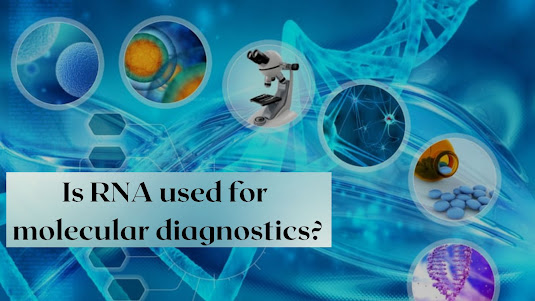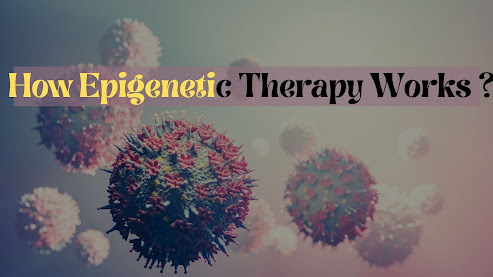Does lack of DNA-methylation speed up evolution?
Methyl groups are
introduced to the DNA molecule through the biological process of DNA
methylation. Without altering the sequence, methylation can modify a DNA
segment's activity. DNA methylation often inhibits transcription of a gene when
it occurs in the promoter region. DNA methylation is the name of a frequent
epigenetic alteration. When DNA gets methylated, methyl groups, which each
contain one carbon atom and three hydrogen atoms, are joined to the DNA's
building blocks.
It may not come as a
surprise that many different bodily systems require the methylation cycle since
it aids in both our physical and mental functioning. These include the activity
of the neurological, cardiovascular, and immunological systems as well as the
release of energy, heavy metal detoxification, and hormone regulation.
Inactivation of the X
chromosome, genomic imprinting, and the suppression of transposable
elements are three significant instances of how DNA methylation influences gene
expression throughout early development.
To maintain DNA
methylation after each cellular DNA replication cycle, maintenance
methylation activity is required. Without the DNA methyltransferase (DNMT), the
replication process would result in daughter strands that are not methylated,
which would eventually result in passive demethylation. Reduced synthesis of
dopamine is the result of impaired methylation. In the end, the changing
dopamine levels change the levels of the other neurotransmitters. These people
struggle with organisation, emotional stability, focus, concentration,
short-term memory, hormone management, and appropriate sleep hygiene.
Although DNA
methylation is environment-dependent, we can't tell how much stress is exerting
itself on a particular subject to increase DNA methylation or decrease DNA
methylation because there are many factors that affect DNA methylation or
epigenetics, so evolution may not be possible in all cases. Yes, the evolution
may be possible in both cases, either due to a lack of DNA methylation or an
increase in DNA methylation, but not in all cases.
Now that a gene is more expressed when DNA methylation is absent, it may become overexpressed in response to a specific environmental condition. Transposons are free to bind them in your case, and they need to be expressible and inheritable in order to cause evolutionary changes. In this situation, evolution is conceivable. Last but not least, epigenetic mechanisms, in particular DNA methylation, influence genome stability by regulating transposable elements while acting as mutagens, directly influencing DNA sequence evolution.




Comments
Post a Comment